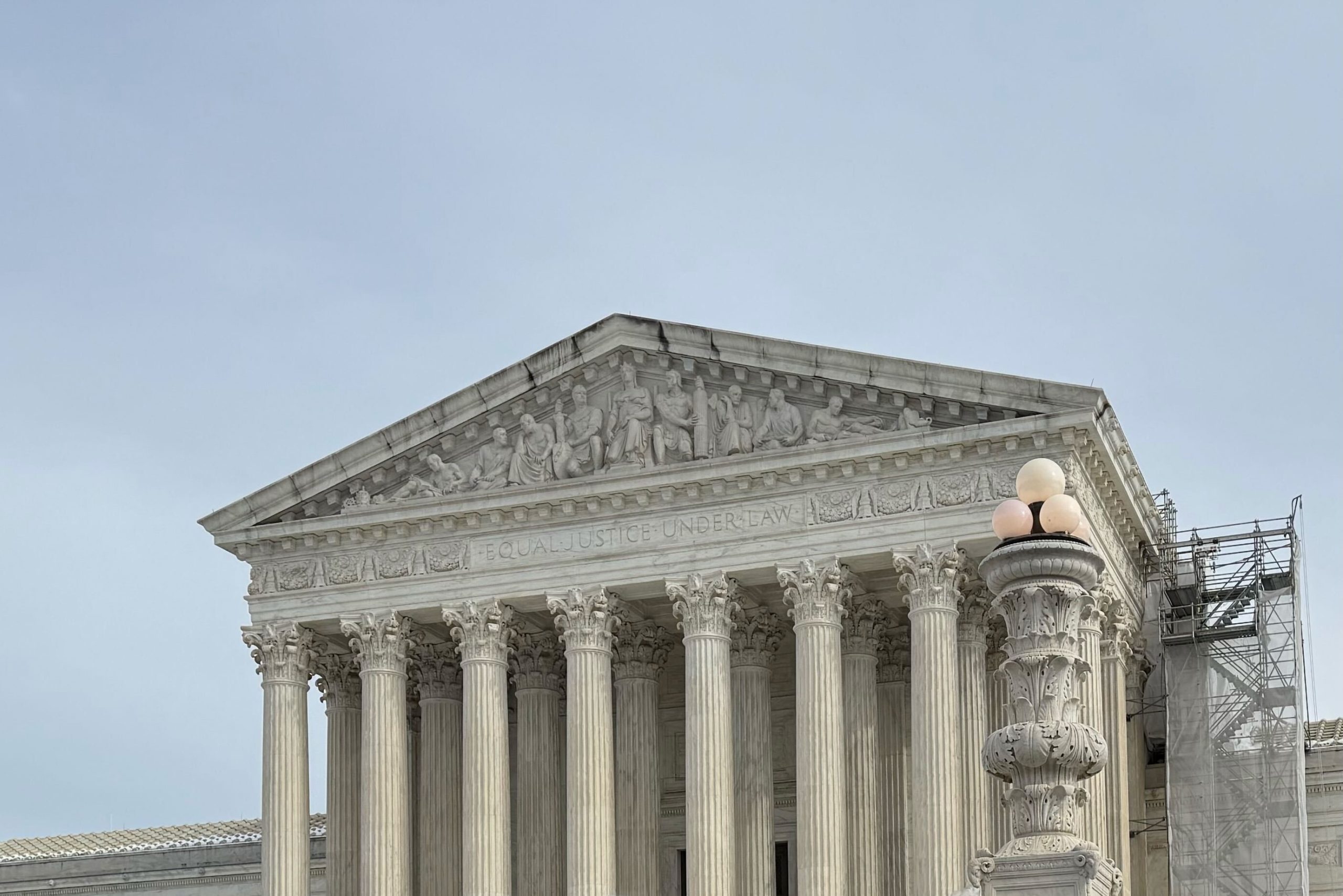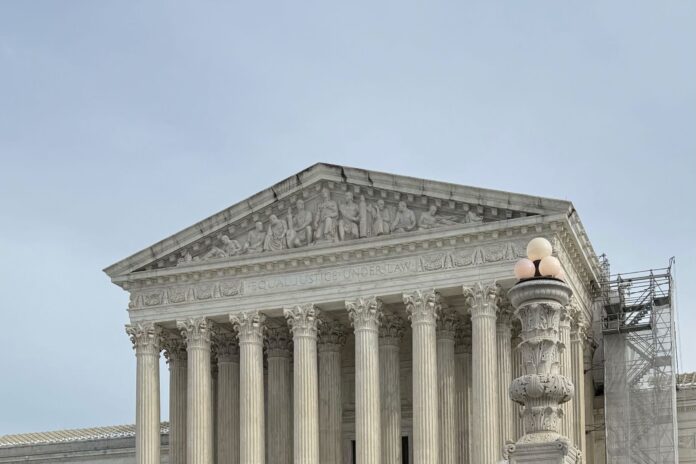SCOTUS NEWS
on Jan 27, 2025
at 2:04 pm

The court issued regularly scheduled orders on Monday. (Katie Barlow)
The Supreme Court on Monday turned down a plea to reinstate an Ohio man’s conviction for attempted murder. Justice Clarence Thomas dissented from the court’s announcement that it would not intervene in the case, in an eight-page opinion joined by Justice Samuel Alito.
Thomas was sharply critical of the Cincinnati-based U.S. Court of Appeals for the 6th Circuit, which had thrown out David Smith’s 22-year conviction and sentence for a brutal attack on Quortney Tolliver in 2016. He called the court’s ruling the “latest example of the practice†of “disregarding†the stringent limits that federal law places on the power of federal courts to invalidate state criminal convictions.
The justices’ denial of relief in Davis v. Smith came as part of a list of orders released from the justices’ private conference on Friday, Jan. 24. The justices added three new cases, two of which were consolidated, to their docket for the 2024-25 term on Friday afternoon. As expected, they did not grant review in any additional cases on Monday morning.
Smith’s effort to invalidate his conviction hinged on Tolliver’s identification of him as her attacker. Shortly after she woke up from a medically induced coma, police interviewed her, but she did not identify any of the 24 people in the photos that they showed her – which did not include Smith – as her attacker.
A few weeks later, a police officer told Tolliver that he believed he had “found out who did this to her,†identifying Smith as the culprit. He showed her a picture of Smith, and she later identified Smith as her attacker.
Smith sought to bar prosecutors from using Tolliver’s identification of him, arguing that it was too suggestive. The state trial court rejected that motion, and he was convicted.
A state appeals court agreed with Smith that the identification procedure used in his case was too suggestive, but it reasoned that under the Supreme Court’s decisions, it could still be used as long as the identification was reliable – which, the state appeals court concluded, it was.
Smith found more success when he sought federal post-conviction relief. The 6th Circuit ordered the federal district court to throw out his conviction unless the state holds a new trial within six months. The state came to the Supreme Court last fall, asking the justices either to review the 6th Circuit’s decision or to restore Smith’s conviction without additional briefing or argument.
In a one-sentence order, the justices allowed the 6th Circuit’s decision to stand. As is generally the case for orders denying review, the justices did not provide any explanation for their action.
In his dissent from the denial of review, Thomas castigated the 6th Circuit for failing to give the state appeals court’s decision the kind of “substantial deference†it deserved under the federal law governing state prisoners’ requests for post-conviction relief. Instead, Thomas suggested, the 6th Circuit effectively conducted its own review of the facts and legal principles of the case. And he faulted the lower court for mischaracterizing the state court’s ruling.
The 6th Circuit’s mistakes “have real consequences,†Thomas complained, requiring the state to retry Smith “for a crime committed nearly a decade ago. That result,†Thomas wrote, “comes at a steep cost for both society and the victim.†He would instead have summarily reversed (that is, without additional briefing or oral argument) the 6th Circuit’s decision, reinstating Smith’s conviction.
The justices once again did not act on several high-profile petitions for review that they considered at Friday’s conference, including a challenge to Maryland’s ban on assault rifles and a challenge by members of the San Carlos Apache Tribe to the transfer of land the Western Apaches regard as a sacred site to a copper mining company. The justices are now in their winter recess, and they will not meet for a regularly scheduled conference again until Friday, Feb. 21.
This article was originally published at Howe on the Court.Â





